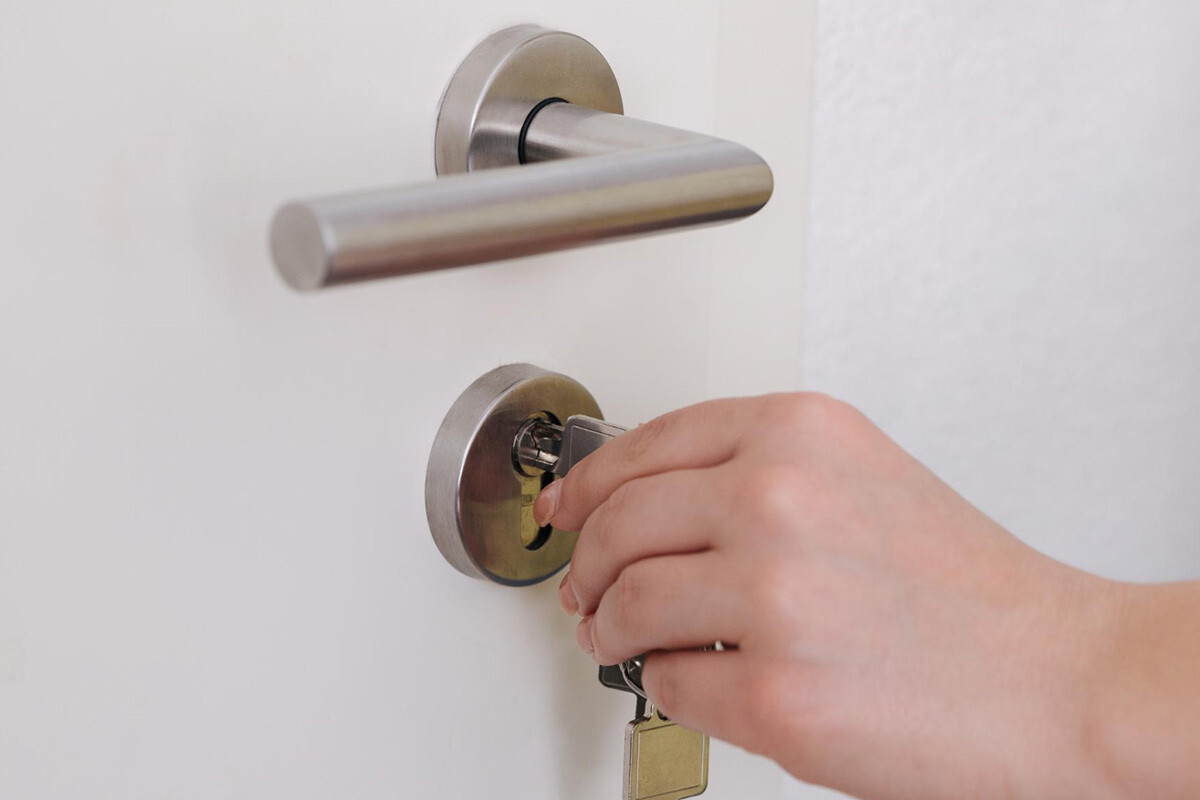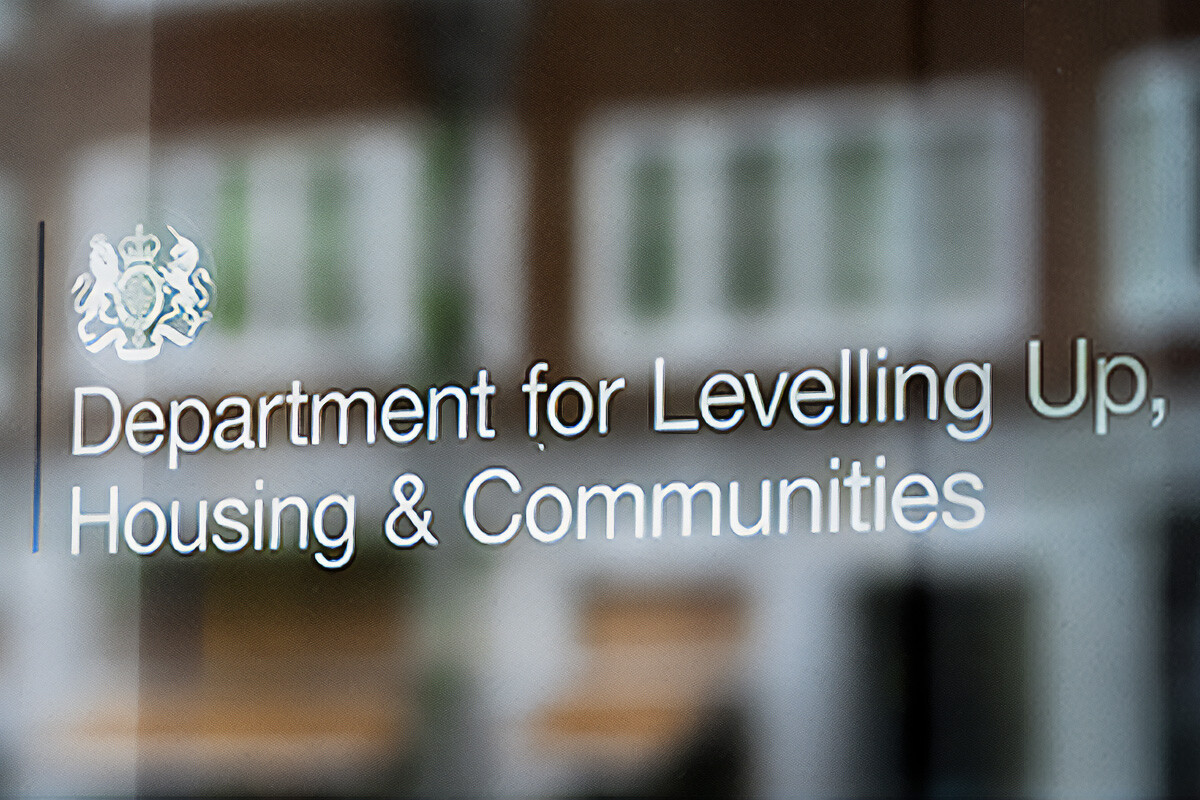Navigating the delicate balance between landlord rights and tenant privacy is essential in the UK's rental market. This comprehensive guide aims to clarify the rights of landlords regarding property access, delineate appropriate conduct, and highlight available resources for additional support.
Quiet Enjoyment and Landlords' Rights: Finding Balance
All tenants possess the fundamental right to quiet enjoyment, which permits them to live in their rental property without undue disturbance from landlords, agents, or others. This right is an implied term of any tenancy agreement, meaning it doesn't need to be explicitly stated to be enforceable.
On the other hand, landlords are implied to keep the property in good repair and fit for habitation. Tenants, in turn, are expected to pay rent and treat the property responsibly. While landlords own the properties, they must obtain tenant consent for visits, as unauthorised entry can constitute trespassing and breach of the tenancy agreement.
This balance underscores the importance of respecting tenant privacy while managing property rights responsibly.
Legal Requirements for Accessing Property
The legal basis for a landlord's entry into rented premises hinges on respecting the tenant's right to quiet enjoyment. The following are scenarios where a landlord might require access:
1. Routine Inspections
Landlords are advised to perform regular inspections to monitor the condition of their properties and ensure compliance with the terms of the tenancy agreement. While informal agreements for property visits may be arranged, such as via a quick phone call, it's crucial to remember that tenants legally retain the right to require 24 hours' written notice. Notices should be unambiguous and delivered through clear channels like email, text, or written note, to ensure both parties have a mutual understanding of the terms.
"..crucial to remember that tenants legally retain the right to require 24 hours' written notice."
2. Repairs and Maintenance
Under Section 11 of the Landlord and Tenant Act 1985, landlords are responsible for maintaining the property's structural integrity and essential services, including:
- plumbing
- electricity
- gas, and heating installations
To facilitate these duties, landlords or their designated agents must provide tenants with 24 hours' written notice to gain access for necessary repairs. This notice should specify the nature of the work and the anticipated duration, ensuring it is scheduled at a reasonable time to minimise disruption.
3. Emergency Access
In emergency situations where there is an immediate risk to the property or its occupants, such as:
- fires
- structural damages
- gas leaks
- other hazardous conditions
Landlords have the right to access the property without prior notice. However, this right must be exercised responsibly and reasonably, with efforts to minimise intrusion. After addressing the emergency, landlords should document the incident thoroughly, including taking photos, making detailed notes, and obtaining statements from any responding service personnel, to justify the emergency access if later questioned by the tenant.
Dealing with Access Refusal
Tenants can legally refuse access if the landlord fails to provide reasonable notice. If a tenant persistently denies access unreasonably, it may breach their tenancy agreement. Landlords should handle such situations delicately:
- Attempt to reschedule the visit: Try to find a more convenient time for the tenant.
- Provide written reminders: Remind tenants of the tenancy agreement terms concerning access.
- Consider legal action: As a last resort, seek court orders to enforce access rights for inspections or repairs.
What Landlords Should and Shouldn’t Do
What to Do
- Communicate Clearly: Maintain open lines of communication with tenants. Always provide written notices and agree on suitable times for access.
- Adhere to Legal Standards: Strictly follow the legal requirements for notices and reasons for accessing the property.
- Keep Records: Document all communications and visits related to property access to avoid potential disputes.
What Not to Do
- Avoid Unauthorised Entry: Do not enter the property without the tenant's consent, except in emergencies.
- Respect Tenant Privacy: Do not overlook the tenant's comfort and privacy. Balance your rights with their rights to quiet enjoyment.
- Handle Emergencies Appropriately: In emergency situations, act swiftly but keep the tenant informed whenever possible.





